Over Half of Colorado Bird Species Vulnerable to Climate Change

On October 10, 2019, National Audubon published a climate change study analyzing potential impacts on bird species in the contiguous United States depending on different global warming scenarios. The report, “Survival by Degrees: 389 Bird Species on The Brink,” uses over 140 million bird records from over 70 data sources as inputs to computer modeling, which estimates that 389 out of 604 species analyzed will be susceptible if global temperatures increase by 3 °C (5.4 °F) above pre-industrial levels.
According to the study, current science shows that if we continue with business as usual, without adopting significant climate change mitigation strategies, we are on track for 3 °C temperature increases by the year 2100. However, the primary conclusion of the report is that, by adopting economy-wide carbon reduction solutions, we can still limit global warming to 1.5 °C and greatly decrease the burden on birds.
“This study reinforces that many forms of human activity, including land development and climate change, harm birds residing in and migrating through Denver. Denverites should contact us to learn about ways to help make Denver one of the most bird-friendly cities in the country,” said Karl Brummert, Executive Director of Denver Audubon.
What does this mean for birds in Colorado?
Under the 3 °C warming scenario, changes in climate and vegetation will disrupt ecosystems, including plant and insect communities that provide food, water, and shelter for birds in Colorado. National Audubon’s modeling shows that, under this warming scenario, range losses will cause 123 out of 241 species in our state to be vulnerable to the effects of climate change.
Habitats projected to be most impacted are western forests, boreal forests, and grasslands—in other words—the areas that Colorado resident and migrant birds rely on the most. In addition, birds in Colorado were projected to be particularly vulnerable to two climate threats: extreme heat in the spring and increased risks of wildfires.
Colorado bird species most impacted, include:
-
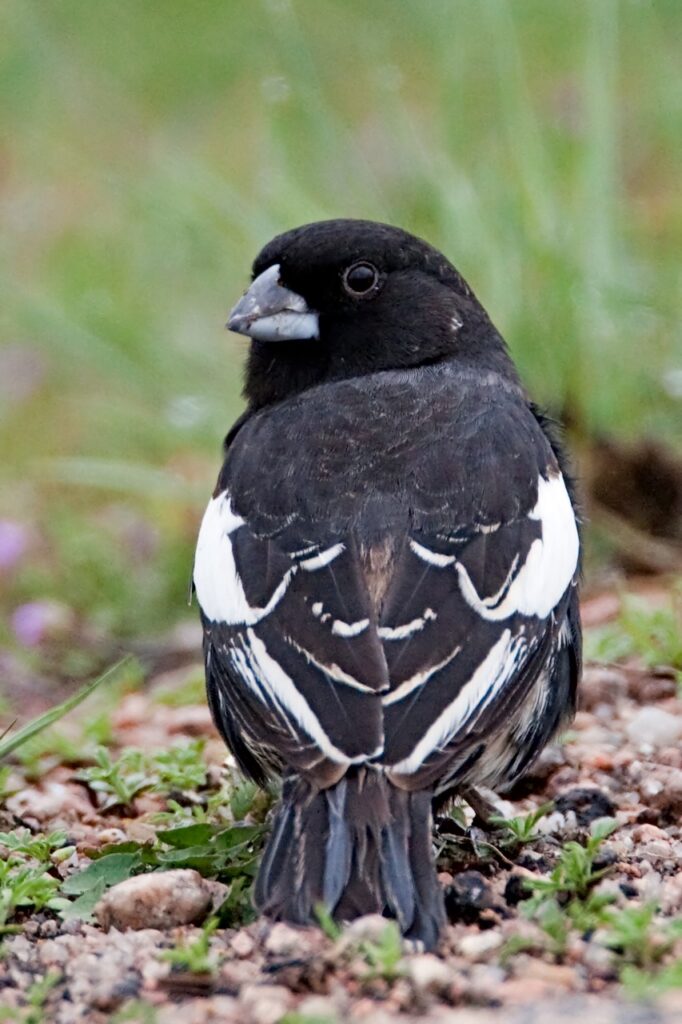
Lark Bunting (Dick Vogel) -
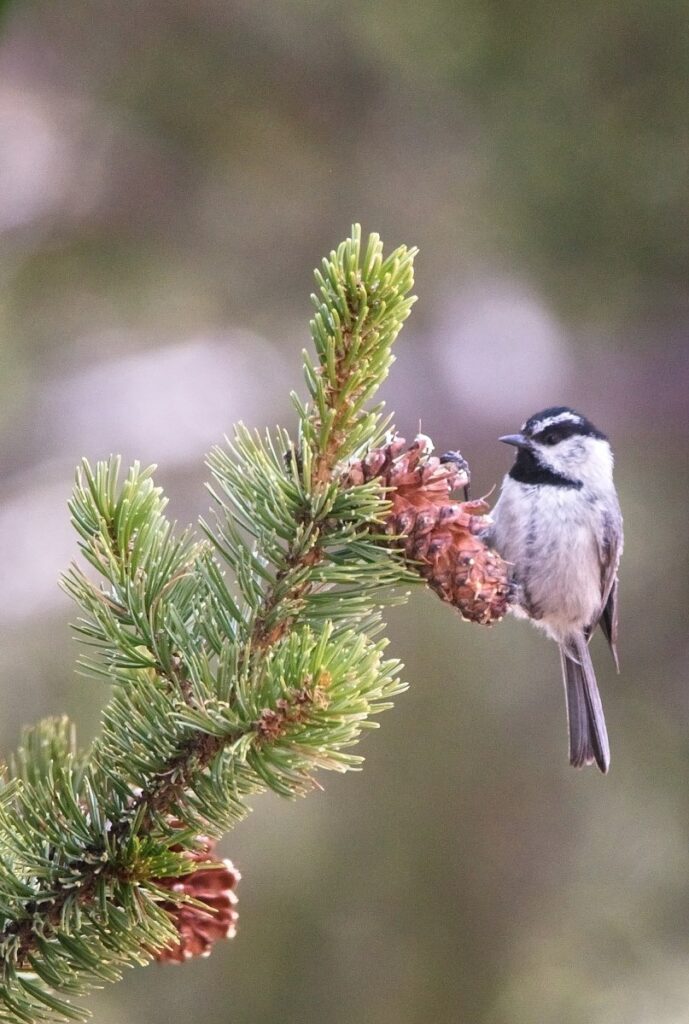
Mountain Chickadee (Dick Vogel) -

Greater Sage-Grouse (Vida Ward/Audubon Photography Awards) -
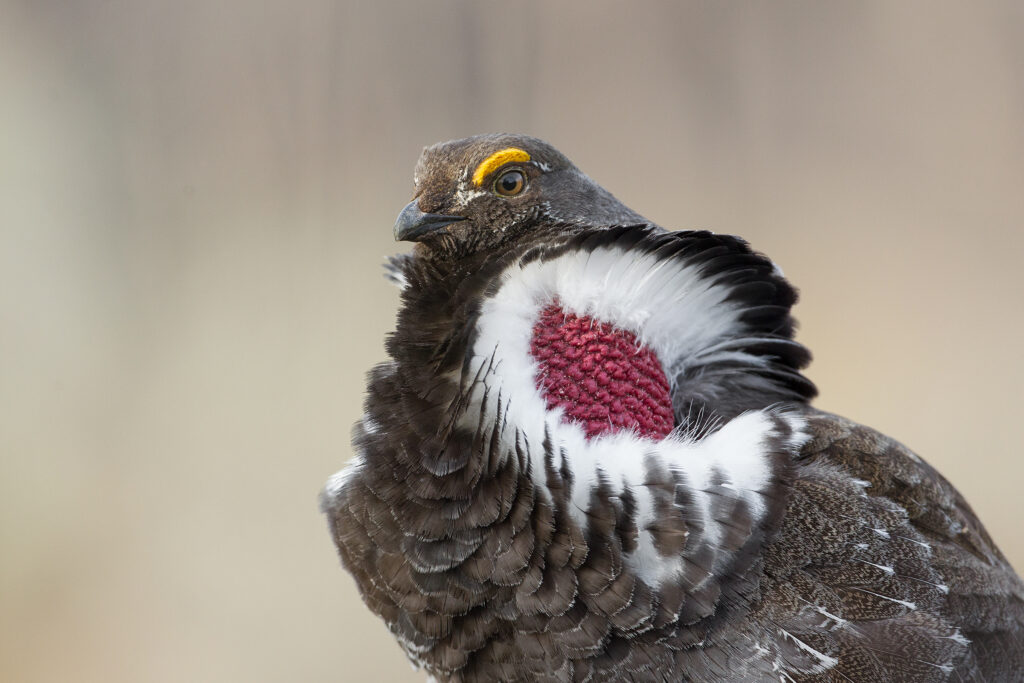
Dusky Grouse (Christopher Ciccone/Audubon Photography Awards) -
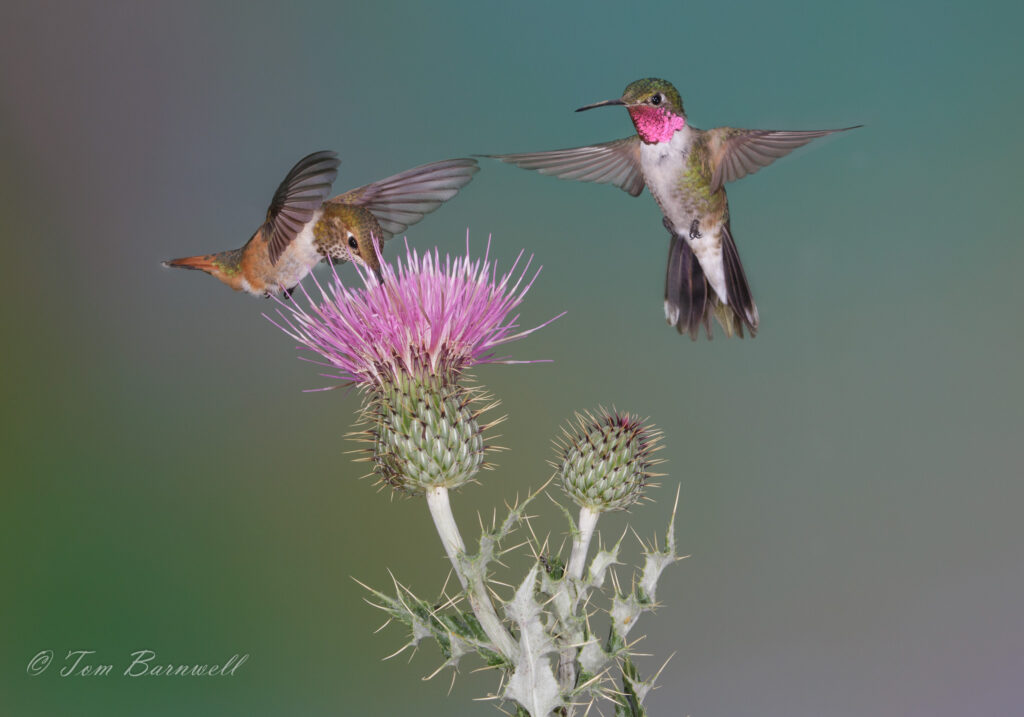
Broad-tailed Hummingbird (Tom Barnwell/Audubon Photography Awards) -
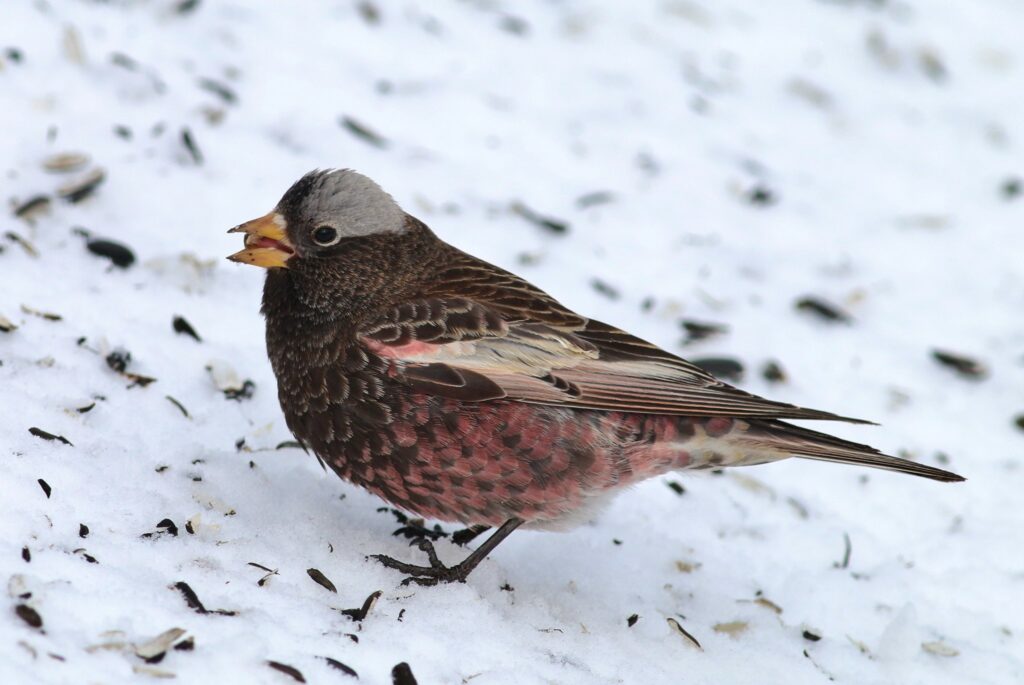
Black Rosy-Finch (Tom Benson/Flickr) -
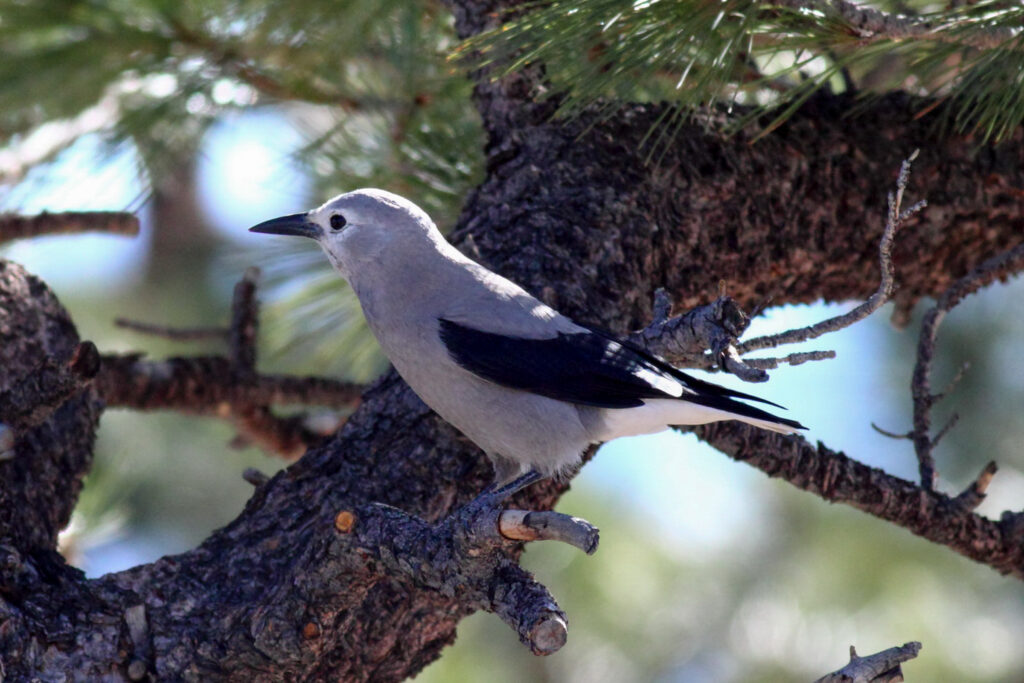
Clark’s Nutcracker (Gary Churchill/Audubon Photography Awards) -
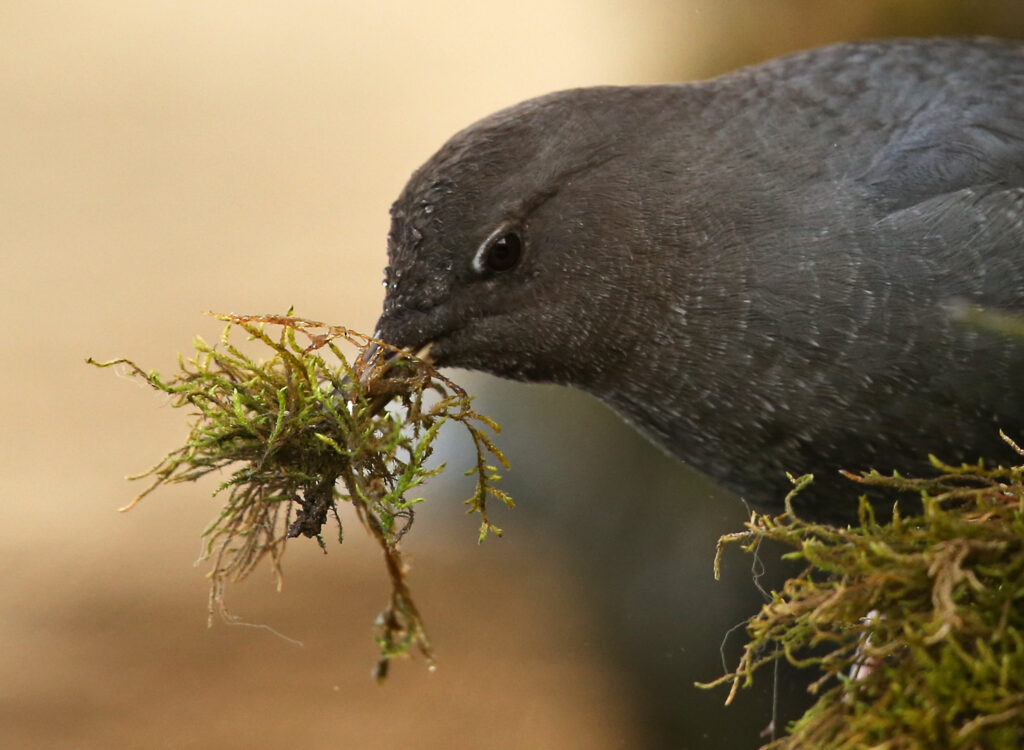
American Dipper (Teri Franzen/Audubon Photography Awards)
Why birds matter!
Birds are an excellent indicator of environmental health. When bird populations suffer, that is a signal that entire ecosystems are in peril. “Birds actually are the ‘canaries in the coal mine,’ giving us an indication that fundamental environmental changes are happening,” wrote David O’Neill, Chief Conservation Officer of National Audubon. Birds help form healthy ecosystems, playing critical roles in pollination, insect control, forest generation, seed dispersal, and many other ecosystem services that humans rely on.
And don’t forget, birds bring us joy! Birds help humans in so many ways that we owe it to them—and all wildlife—to act.
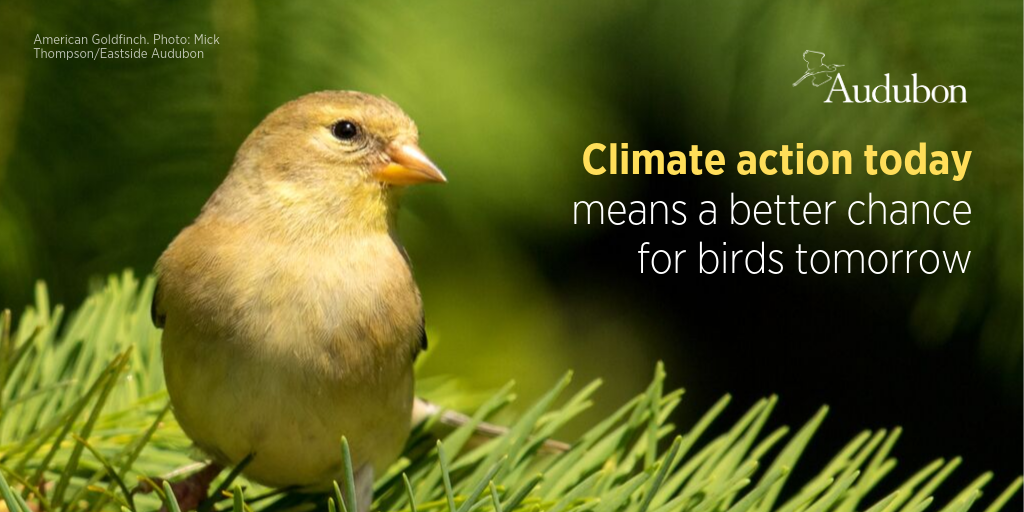
What Can You Do to Help?
Last month, a study published in Science estimated North American bird populations have already decreased by approximately 2.9 billion since 1970. The current National Audubon study builds on this research, demonstrating that—in the future—birds will continue to face large hurdles.
We can do this together! Here are some things to consider doing to help birds:
- Support Denver Audubon
- Join our conservation committee, which advocates bird-friendly policies in the Denver area
- Learn about birds and their habitats by attending our programs (many of which are free)
- Attend our Fall Celebration, where Geoff LeBaron (Christmas Bird Count Director) will speak about this climate report.
- Participate with us in the Sustainable Denver Summit on December 5, 2019
- Read and implement our recommendations to make Denver more bird-friendly
- Investigate ways that make sense for your life to reduce your carbon footprint such as planting trees and gardens as well as riding bicycles or taking public transportation
Links to other resources and articles:
- Visit National Audubon’s climate change website
- Download the full report
- Download the Colorado State summary
- Read this National Geographic Article

